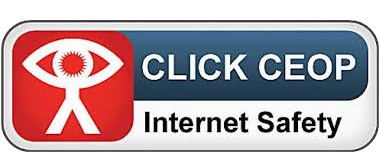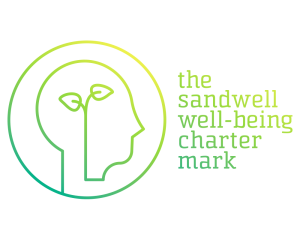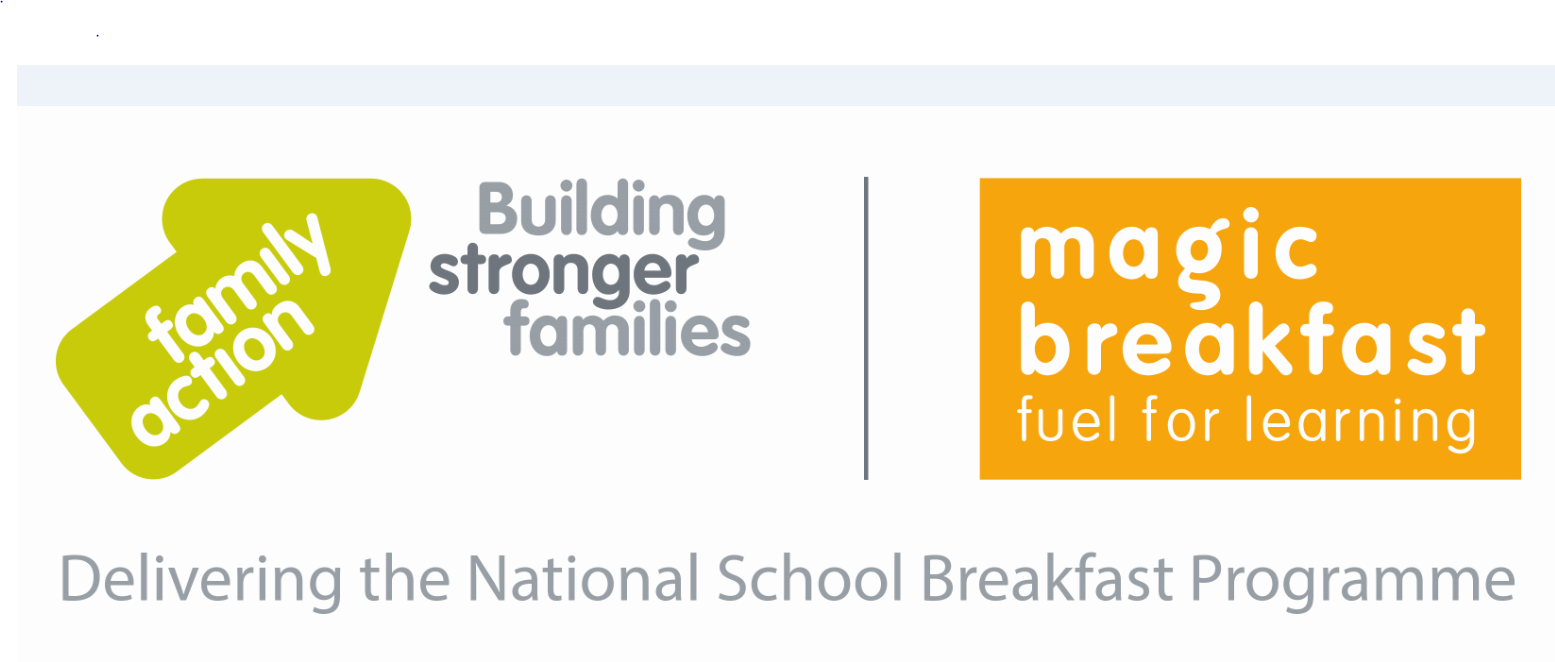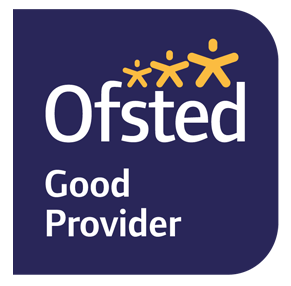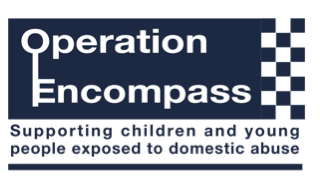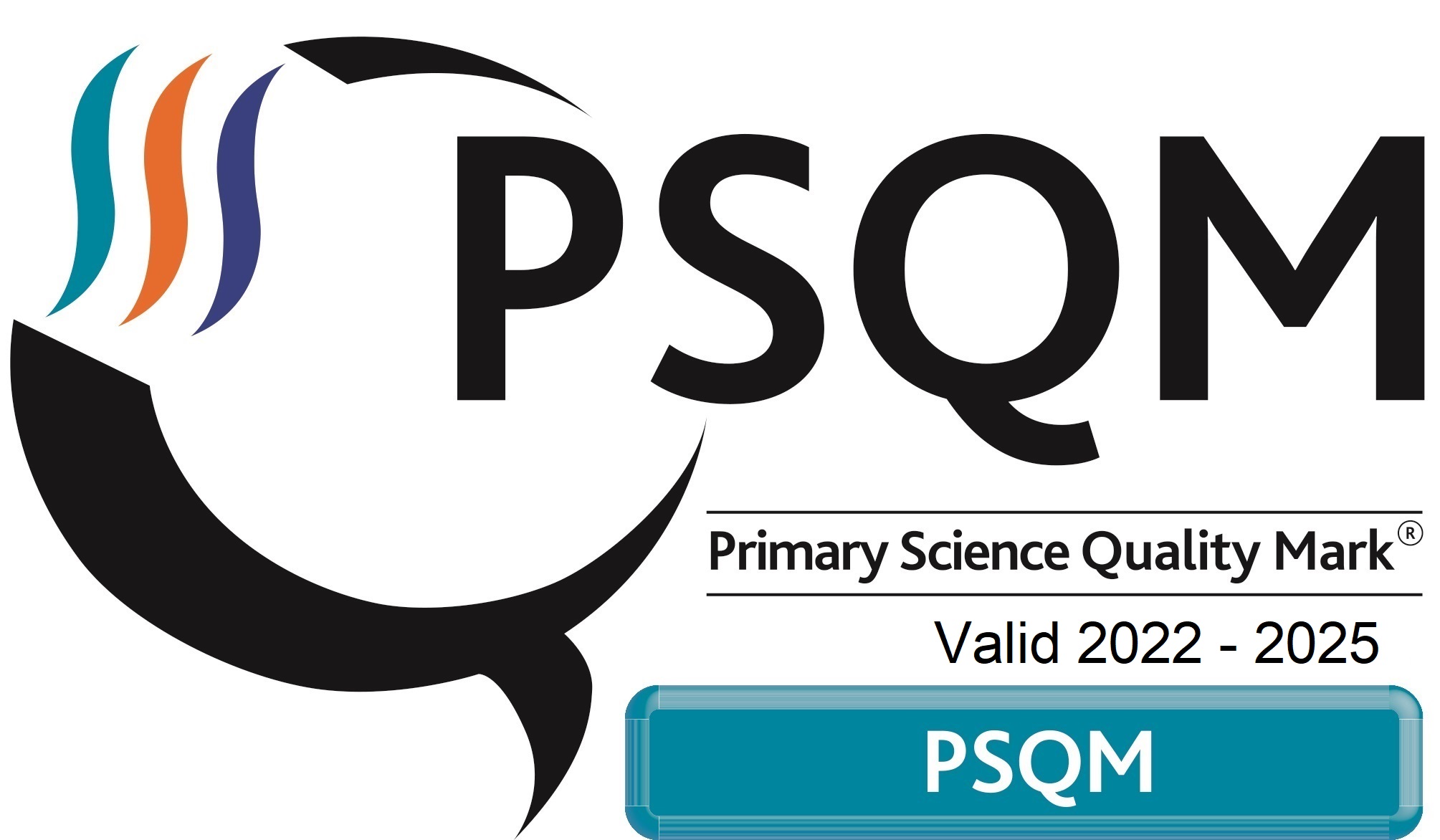Religious Education
At St James, our intention is to explore what people believe and what difference this makes to how they live, so that pupils can gain the knowledge, understanding and skills to handle questions raised by religion and belief, reflecting on their own ideas and ways of living.
Our aims are for children:
- To provoke challenging questions about meaning and purpose in life, beliefs about God, ultimate reality, issues of right and wrong and what it means to be human.
- To learn about religions and beliefs in local, national and global contexts, to discover, explore and consider different answers to these questions.
- To be able to weigh up the value of wisdom from different resources, to develop and express their insights in response, and agree or disagree respectfully.
- To equip pupils with systematic knowledge and understanding of a range of religious beliefs, enabling them to develop their ideas, values and identities.
- To develop in pupils an aptitude for dialogue so that they can develop religious literacy and participate positively in our society with its diverse religions and beliefs.
- To gain and deploy skills needed to understand, interpret and evaluate from a range of evidence and articulate clearly their personal beliefs, ideas, values and experiences whilst respecting the right of others to differ.
Religious Education is an important part of our curriculum and is taught in accordance with the Sandwell agreed syllabus, whilst also utilising Understanding Christianity resources. We believe it is important for all pupils. Christianity is the major focus but we consider what we can learn from different religions and about faith. Visits to places of worship will be included as part of the curriculum. These, along with the use of artefacts, story and visual aids will be used to stimulate children’s knowledge and experience. All pupils have the right to withdraw from RE. However, before exercising their right of withdrawal, we hope that parents would hope that parents would discuss the matter with the Head Teacher.
Throughout key stages 1 and 2, pupils should encounter:
-
Clear presentation of the Christian story and Jesus Christ as Christians
-
Understand Him to be, within Trinitarian theology
-
Positive portrayal of the multi-cultural and global nature of the Christian faith
-
Teaching about the two Church of England sacraments (baptism and holy communion)
-
Promotion of key gospel themes: e.g. love, worth, stewardship, justice, forgiveness, sacrifice, hospitality, grace, acceptance, growth / change etc...
-
Regular use of Bible stories within the curriculum to explore these themes and link them to Christian values, so that every child will achieve some biblical literacy.
-
Accurate, sympathetic teaching about beliefs and values in other faiths
-
Visits to places of worship of major faiths during school life
Through prayer and worship children should encounter:
-
A distinctive appreciation of time which should be put aside for prayer at least once a day.
-
High quality collective worship which is engaging, inspiring and transformational
-
Invitations to contribute to worship
-
Regular services in the local church
Please click on the link below to see the Sandwell Agreed Syllabus for RE:
Sandwell Agreed Syllabus
Please see our policies page to read our RE Policy.
To see our whole school curriculum maps, please click on the links below:
RE Curriculum Map
Whole School Religion Progression Map
RE Progression Document
RE One Page Summary




